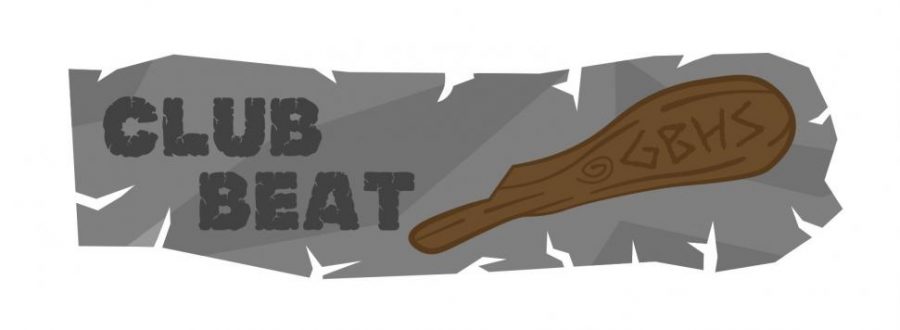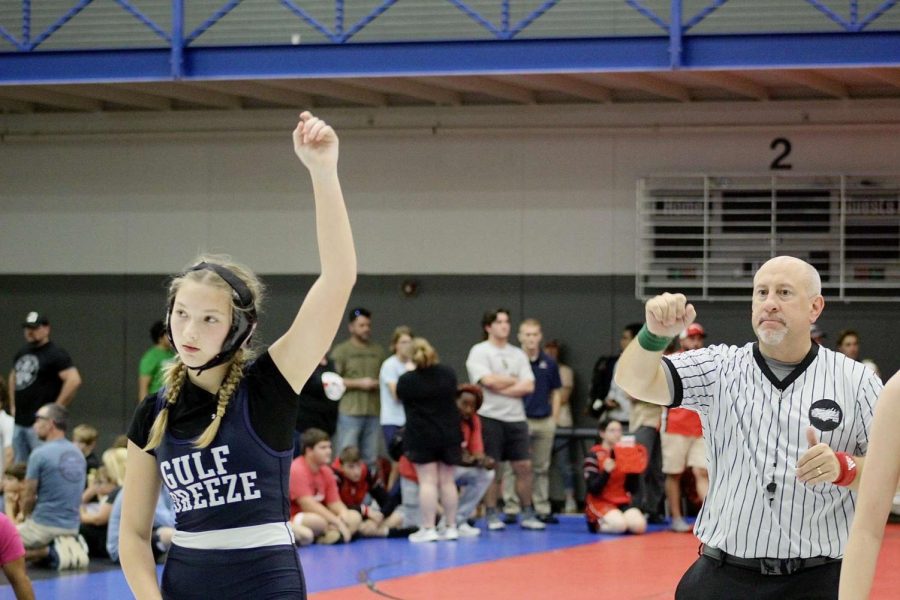The Consequences of Internet Censorship
October 29, 2021
“I open my browser and type the link to the website, only to be prompted by a gateway message: ‘WEBSITE BLOCKED.'”
As part of an assignment Sophomore year, I required the usage of some assets held on my teacher’s webpage. I opened the browser on my school computer and type the link to the website, only to be prompted by a gateway message: “WEBSITE BLOCKED.” The county had blocked a website my teacher reccomended for a class assignment. I’ve come to learn that this applies for many everyday sites, ranging from DuckDuckGo to The Huffington Post.
Examples such as these show the overbearing filtration of domains and IP addresses. Whether it be for a class project, a utility, or for something mundane district-wide moderation seems to get in the way.
Moderation on its own makes sense – put rules in place to prevent chaos. However, it’s the overexaggerated perspective that takes it from moderation to internet dictatorship.
Prime examples of websites that are blocked are media websites, such as the previously mentioned Huffington Post. Typically, the district provides reasoning such as “inappropriate content,” but it stands with little to no merit whatsoever. This creates a frustrating situation for a student trying to access it for whatever reason, whether it be for a school project or personal entertainment.
Other utility sites, such as the search engine DuckDuckGo, seem to cycle through phases of “blocked” and “unblocked.” The inconsistent policy on these pages makes it difficult to carry out any research-based assignment, or much less, it creates a new obstacle for anybody doing research in general.
Many other webpages are blocked simply for their domain endings, and surprisingly, this method of moderation is common among most school districts. For example, websites that end with “.xyz” and “.co” are most likely to be automatically blocked, despite the site’s actual purpose or intentions.
On one hand, while this prevents a wandering eye from finding harmful software, it also prevents companies that are using these domains from entering the education system altogether. Uncommon domain endings are often used due to their cheap price tag, or if the reasoning doesn’t lie there, then it’s simply for the flair.
The over-filtering internet service forces students to circumnavigate the system in order to use everyday tools and information. Such circumnavigations range anywhere from toggling mobile data to using a VPN proxy.
So, do we punish the students who get caught using a VPN just to visit their teacher’s website? Questions like these are what challenge the current internet policy of the district, and it seemingly only gets worse.
All-for-one filtration serves as nothing but a counterintuitive measure that forces students to break the internet usage rules, creating new problems. If websites were blocked on a case-by-case basis with complete and valid reasoning, nobody would need to deal with the issue.




















